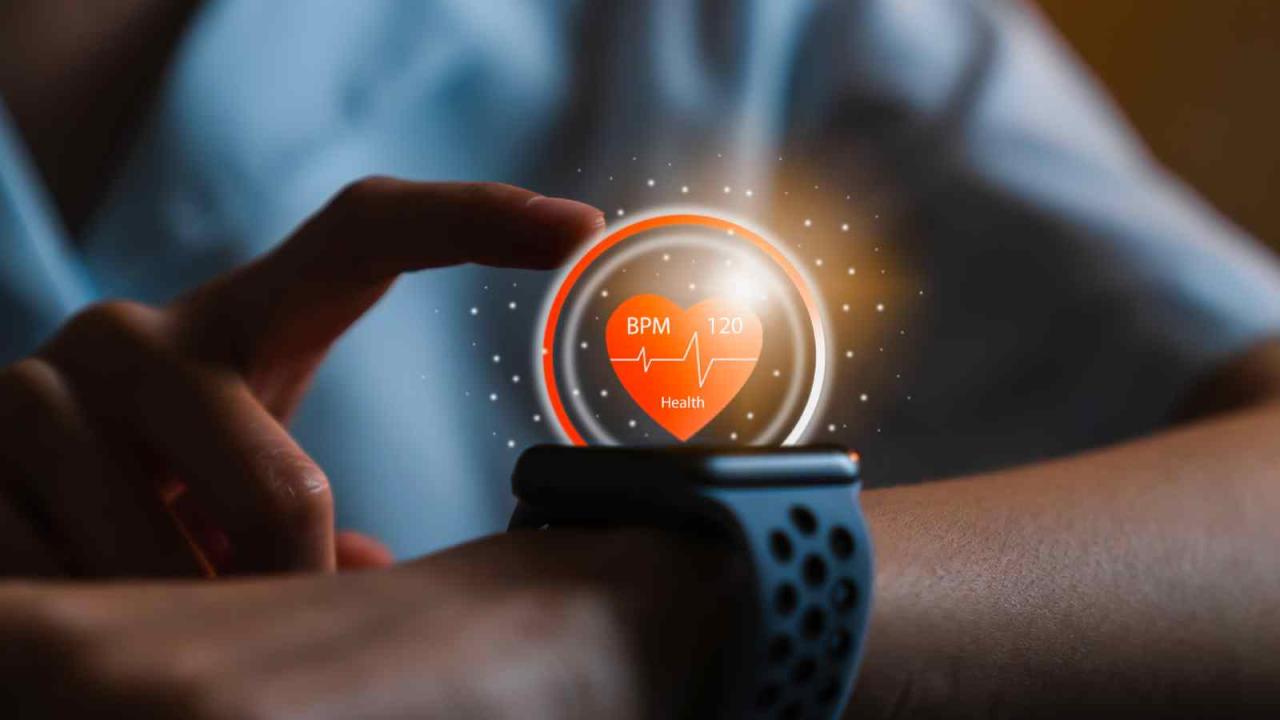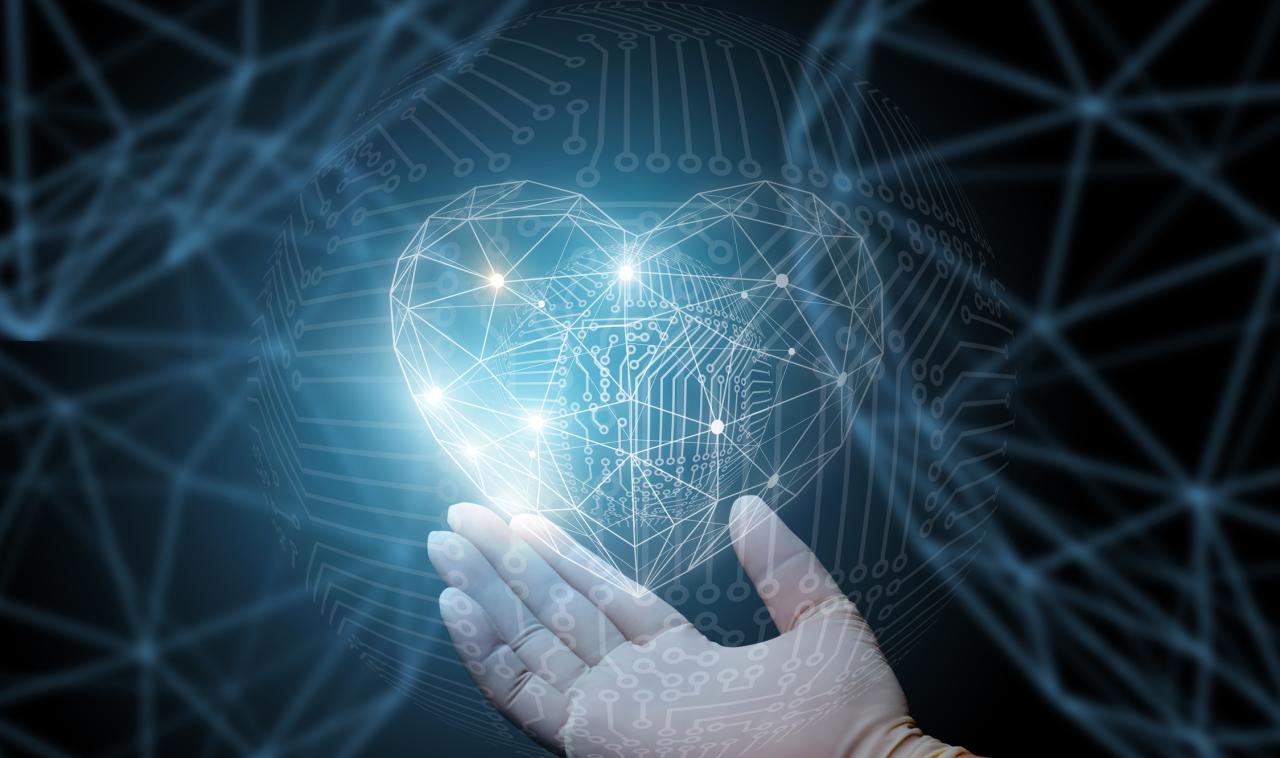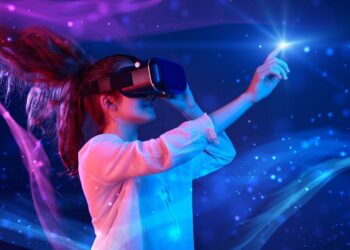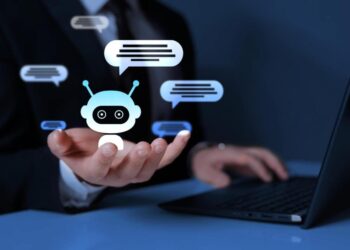For centuries, healthcare has been a reactive discipline. A patient would feel a symptom, schedule an appointment, and a doctor would provide a diagnosis and a treatment plan. It was a model that was defined by a moment of crisis, a system that was often inefficient, expensive, and inaccessible to a large portion of the population. Today, however, a profound and irreversible revolution is underway. The convergence of technology, data, and a new philosophy of wellness is transforming healthcare from a reactive, event-based system to a proactive, continuous, and deeply personalized one. This is the era of health tech reshaping our lives, a movement that is empowering individuals, democratizing access to care, and fundamentally changing the way we think about health and wellness.
This isn’t about replacing doctors with robots. It’s a more nuanced and powerful reality: health tech as an intelligent partner, a co-pilot that anticipates our needs and supports our aspirations without demanding our constant attention. This comprehensive guide is a deep dive into this transformative era, exploring the core pillars that define this new healthcare landscape, the groundbreaking technologies that are making it a reality, and the critical challenges we must navigate to ensure this future is one that is equitable, humane, and secure.
The Grand Revolution

To understand the power of health tech, we must first appreciate the flaws of the traditional model it is replacing. The move from a reactive, event-based system to a proactive, continuous one is a profound philosophical leap.
- The Flawed Model of Reactive Care: The traditional healthcare model was a reactive one. A patient would only seek care when they were sick or in pain. This approach was often too late, with a focus on treating a disease after it had already taken hold. This model, which was a product of the industrial era, was often inefficient, expensive, and inaccessible to a large portion of the population.
- The Catalyst for Change: Data and Technology: The digital revolution has shattered the premise of the traditional healthcare model. The proliferation of data, combined with the dramatic increase in computing power, has made it possible to create a new, more proactive, and more personalized approach to healthcare.
- The Promise of Personalized, Predictive Healthcare: The future of healthcare is a personalized, predictive one. It is a model that believes that every patient is a unique individual with their own genetic information, their own medical history, and their own lifestyle. The goal of personalized medicine is to provide every patient with a treatment plan that is a direct reflection of their unique needs, a healthcare experience that is tailored to their individual biology and their individual lifestyle.
The Four Pillars of the Health Tech Revolution
The future of healthcare is not a monolith; it is a tapestry of new and innovative approaches that are being woven together to create a more dynamic and flexible professional landscape.
A. Patient Empowerment and Data Ownership
This is the most revolutionary pillar of the new healthcare landscape. The old model of healthcare was a paternalistic one, with a doctor at the center and a patient as a passive recipient of care. The new model is a patient-centric one, with the patient as the CEO of their own health.
- The Power of Data Ownership: The future of healthcare is a decentralized one, with a focus on providing patients with ownership of their own health data. The blockchain will be used to create a new, more secure, and more transparent way to manage a patient’s health data, with a focus on providing patients with control over their own information.
- The Patient as an Active Participant: Health tech is a powerful tool for patient empowerment. It provides patients with real-time data on their health, with a focus on a more proactive and more engaged approach to their own wellness. This is a movement that is putting the power of healthcare into the hands of the individual.
B. Remote and Accessible Care
The old model of healthcare was a centralized one, with a hospital at the center and a patient who had to travel to get care. The new model is a decentralized one, with a focus on providing care that is accessible to all, regardless of their location or their income.
- The Rise of Telemedicine: Telemedicine, the use of technology to provide remote care, is a powerful new trend. A patient can now have a virtual consultation with a doctor from the comfort of their own home, reducing the need for travel and providing a new level of convenience.
- Remote Patient Monitoring: A new generation of wearable technology is being created that can monitor a patient’s vital signs in real time and provide a doctor with a continuous stream of data. This is a powerful new way to manage chronic diseases, with a focus on a more proactive and more personalized approach to care.
C. Personalized and Predictive Medicine
The future of healthcare is a personalized, predictive one.
- AI for Personalized Treatment Plans: A doctor will no longer be limited to a one-size-fits-all approach to medicine. They will have access to an AI-powered tool that can analyze a patient’s genetic information and their medical history, and it can provide them with a personalized treatment plan that is a direct reflection of their unique biology.
- AI for Diagnostic Accuracy: AI is being used to revolutionize the field of diagnostic accuracy. AI-powered tools can analyze medical images, such as X-rays and MRIs, with a level of accuracy that often surpasses human experts.
- AI for Public Health: AI can analyze a vast amount of public health data, from the spread of a virus to the prevalence of a chronic disease, and it can provide policymakers with a more accurate and more effective way to manage public health crises.
D. Wellness and Prevention
The future of healthcare is a proactive one. It is a movement that believes that the best way to treat a disease is to prevent it from ever happening in the first place.
- AI for Wellness: AI is being used to revolutionize the field of wellness. A new generation of apps and devices is being created that can provide a person with personalized insights into their health, their sleep quality, and their stress levels.
- Digital Therapeutics: Digital therapeutics, the use of software as a form of treatment, is a powerful new trend. A patient might be prescribed a mobile app that can help them to manage their anxiety, their depression, or their chronic pain.
The Technological Toolkit for a Healthier Future

The visionary principles of health tech are made possible by a suite of cutting-edge tools and technologies that are fundamentally changing the way we interact with the world.
- Wearable Technology and Sensors: This is the most visible element of the health tech revolution.
- The Smart Watch as a Health Monitor: The smart watch has moved beyond a simple fitness tracker to become a powerful health monitor. A smart watch can now track a person’s heart rate, their blood oxygen level, and their sleep quality, and it can provide them with a continuous stream of data on their health.
- Biometric Data and Continuous Monitoring: A new generation of smart clothing and smart devices is being created that can provide a person with a continuous stream of biometric data, from their blood pressure to their glucose level.
- AI and Machine Learning: This is the engine of the revolution. AI is being used to personalize the learning experience, to automate assessment and feedback, and to provide students with a new kind of learning companion.
- AI for Diagnostic Accuracy: The personalized learning experience of the future is made possible by a new generation of AI tutors and adaptive learning platforms that use machine learning to identify a student’s weak spots and provide them with a customized lesson plan.
- AI for Personalized Treatment Plans: AI is being used to provide a new level of assessment and feedback. An AI can analyze a student’s work and provide them with real-time feedback, and it can help a teacher to identify a student who is struggling and to provide them with additional support.
- Telemedicine and Digital Therapeutics: The future of healthcare is a remote one.
- Virtual Consultations and Remote Care: Telemedicine is a powerful new tool for a doctor, providing them with a new way to provide remote care to their patients.
- Apps as a Form of Treatment: Digital therapeutics are a new form of treatment, a new way for a patient to manage their chronic disease or their mental health.
- Blockchain and Health Data Security: The future of healthcare is a decentralized one. The blockchain will be used to create a new, more secure, and more transparent way to manage a patient’s health data, with a focus on providing patients with control over their own information.
The Revolution in Action
The concepts of health tech are already beginning to transform a wide range of industries.
- Chronic Disease Management: Health tech is revolutionizing the field of chronic disease management. A new generation of wearable devices and mobile apps is being created that can provide a patient with a continuous stream of data on their health, allowing them to manage their diabetes, their heart disease, or their asthma in a more proactive and more personalized way.
- Mental Health and Wellness: The future of mental health is a proactive one. Health tech is being used to provide a new kind of therapy, with a focus on virtual reality, meditation apps, and AI-powered chatbots that can provide a person with a sense of support.
- Fitness and Nutrition: The future of fitness is a personalized one. Health tech is being used to provide a new kind of fitness experience, with a focus on smart watches, fitness apps, and AI-powered coaches that can provide a person with a personalized workout plan and a personalized nutrition plan.
- Elder Care and Assisted Living: The future of elder care is a more independent and more dignified one. Health tech is being used to provide a new kind of assisted living, with a focus on smart home technology, wearable devices, and AI-powered monitoring systems that can provide a person with a new level of safety and security.
The Challenges and Ethical Imperatives
While the health tech revolution is exciting, it is not without its challenges. Navigating these hurdles is key to building a future that is equitable, humane, and sustainable.
- Data Privacy and Security: The proliferation of health tech devices in our lives raises significant data privacy and security concerns. Our personal health data is being collected and analyzed on an unprecedented scale. The challenge is to create a healthcare system that is both intelligent and respectful of our privacy, a technology that works for us, not against us.
- The Digital Divide and Access to Care: As technology becomes more central to healthcare, the gap between those who have access to it and those who do not will widen. The challenge is to ensure that the benefits of the health tech revolution are available to everyone, regardless of their income, their location, or their ability.
- Algorithmic Bias in Healthcare: AI models are only as good as the data they are trained on. If that data is biased, the resulting AI will be biased as well. The challenge is to create AI that is transparent, fair, and free from algorithmic bias, a technology that works for everyone.
- The Human-Doctor Relationship: The role of the doctor is fundamentally changing. In a world of AI-powered diagnostic tools and remote patient monitoring, the doctor is no longer the primary source of knowledge. The new role of the doctor is to be a mentor, a coach, and a guide, a person who can help a patient to navigate the complexity of the digital world.
Conclusion
The discipline of healthcare is at a pivotal moment. The old models of living, based on a reactive, event-based system, are no longer viable. The health tech revolution is the blueprint for this new era. It is a powerful fusion of technology and humanity, a commitment to a new way of living that is both more efficient and more meaningful.
This guide has only begun to explore the vast and exciting possibilities. We have seen how a blend of wearable technology, AI, and advanced technologies is creating a new language of healthcare. This transformation is not without its challenges; it requires a new skill set and a new way of thinking. But the opportunity is even greater. The ultimate reward for this shift in our healthcare philosophy is not just a reduction in our carbon footprint. It is the creation of a world that is more connected, more equitable, and more in tune with the rhythms of our daily lives. It is the creation of spaces that improve our health, enrich our lives, and foster a deeper connection to our communities and our planet. The future of healthcare is a future that is defined by a new kind of humanity, a humanity that is both technological and profoundly human.









